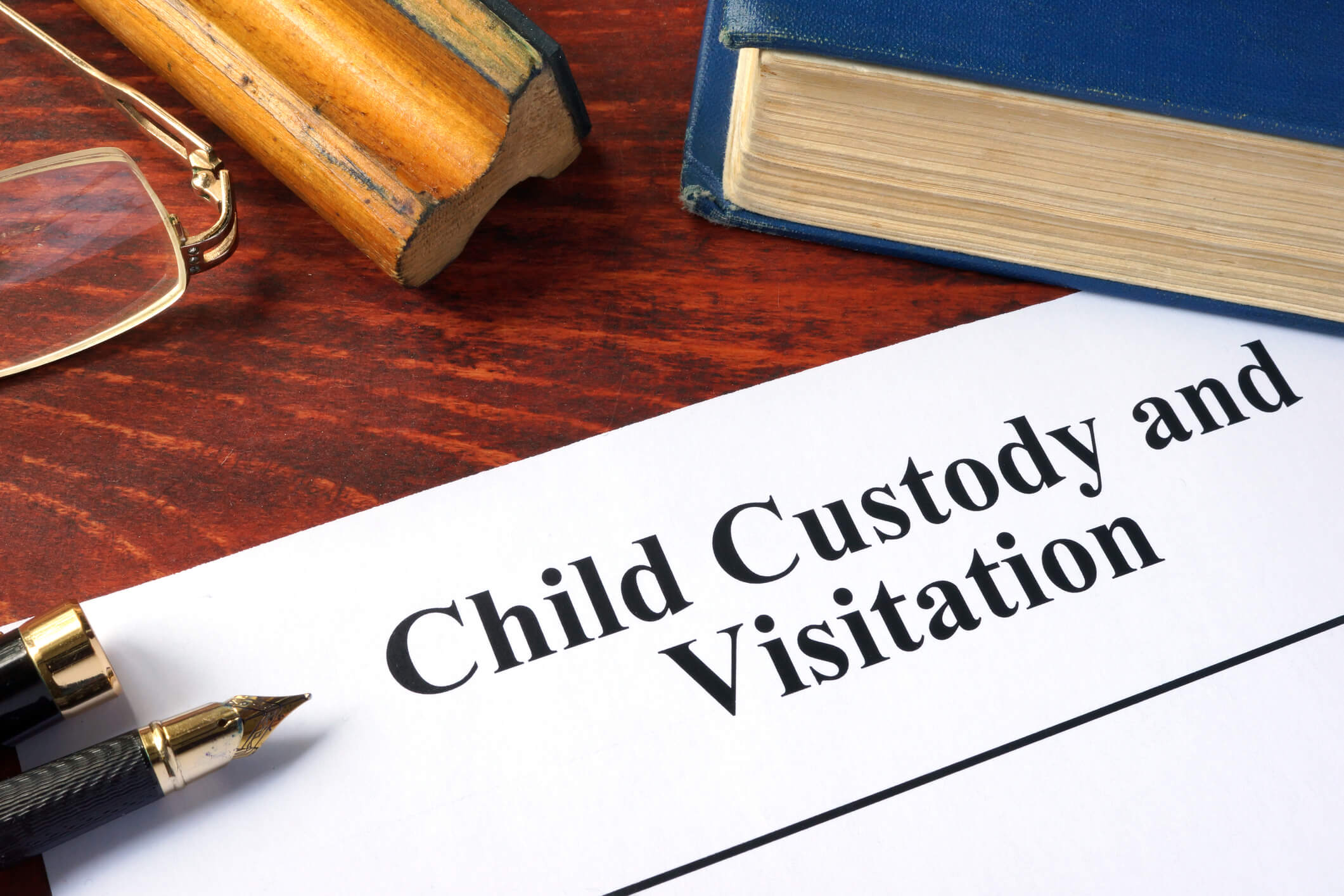At Gilmer Law Firm, PLLC, we understand that child visitation matters can bring about some of the most emotional and challenging moments in a parent’s life. Whether you’re seeking a fair visitation schedule or facing difficulties enforcing an existing order, we’re here to help. Our goal is to provide compassionate legal support that protects your rights and ensures that your child’s best interests are always prioritized. Call today to consult with a knowledgeable child visitation lawyer.
Overview of Child Visitation in New York
Child visitation in New York refers to the right of a parent to spend time with their child after a separation or divorce. The court typically awards visitation based on what it believes will best support the child’s well-being and stability. While visitation is a common issue in family law cases, the ultimate goal is to foster a healthy relationship between both parents and the child.
In New York, courts follow the principle that the child’s best interests must guide all decisions regarding visitation. This includes creating a schedule that allows both parents to remain involved in the child’s life, whenever possible.
What Types of Visitation Arrangements Are There?
Several types of visitation arrangements may be granted to couples in Brooklyn, depending on the specific circumstances of the case:
- Unsupervised Visitation: This is the most common arrangement, where the non-custodial parent is allowed to spend time with the child without supervision. This can include overnight stays, weekend visits, or holiday visits.
- Supervised Visitation: In cases where there are concerns about the child’s safety or well-being, the court may order supervised visitation. This means that a third party, such as a family member or social worker, must be present during the visit to ensure the child’s protection.
- Virtual Visitation: With the growing use of technology, virtual visitation is becoming more common. This arrangement enables parents to stay in touch with their children through video calls, phone calls, or other online platforms, particularly when they live far apart or face other challenges.
Factors Influencing Visitation Decisions
When determining visitation schedules, the court considers several important factors:
- Parental Cooperation: The court generally favors parents who are able to cooperate regarding major decisions about their child’s welfare. If parents struggle to communicate or work together, the court may limit or modify visitation arrangements.
- Child’s Age and Needs: The child’s age, emotional needs, and developmental stage will impact the visitation schedule. Younger children may need more consistent contact with both parents, while older children might have different preferences.
- Parental Fitness: The court will evaluate each parent’s ability to provide a stable and supportive environment. This includes considering issues like substance abuse, mental health concerns, or a history of neglect.
- History of Abuse or Neglect: If there is any history of abuse or neglect, the court will prioritize the child’s safety. In these situations, visitation may be limited, or supervised visitation may be ordered.
What Is a Parenting Plan?
A clear, well-structured parenting plan is key to making visitation arrangements work smoothly. This plan outlines the specifics of custody and visitation, including:
- Visitation schedules
- Decision-making responsibilities for both parents
- Communication protocols
- How to handle disputes when they arise
Having a comprehensive plan in place helps minimize conflicts and ensures both parents understand their roles and responsibilities. We can help you create a plan that fits your needs and supports your child’s best interests.
Can Visitation Orders Be Modified?
As life circumstances change, so might your visitation needs. If either parent experiences a significant change, such as relocation, changes in the child’s needs, or new concerns regarding the other parent, you may need to modify the visitation arrangement.
The process for modifying a visitation order typically involves filing a motion in Family Court. We can guide you through this process and help ensure that the new arrangement is in the best interest of your child.
How Can I Enforce a Visitation Order?
When one parent fails to adhere to a visitation order, it can cause confusion and distress for both parents and children. If the other parent is consistently violating the court-ordered visitation schedule, we can help you enforce the order. This may involve filing a contempt petition, which could lead to legal penalties for the violating parent.
If violations are ongoing, the court may take further action, including modifying the visitation order or, in extreme cases, altering custody arrangements.
Why Choose Gilmer Law Firm?
Choosing the right attorney can make all the difference in your family law case. Gilmer Law Firm offers experienced, compassionate, and client-focused representation. We understand the importance of family and are dedicated to helping you reach the best possible outcome for you and your child.
Whether you’re seeking to establish a visitation schedule, modify an existing order, or enforce your rights, we are here to help. Our firm provides affordable legal solutions and works closely with you to ensure your needs are met.
Talk to a Brooklyn Child Visitation Lawyer Today
If you need assistance with child visitation or any other family law matter, turn to Gilmer Law Firm, PLLC today. We offer free consultations and are ready to help you protect your rights and the well-being of your child. Contact us today to get started.
